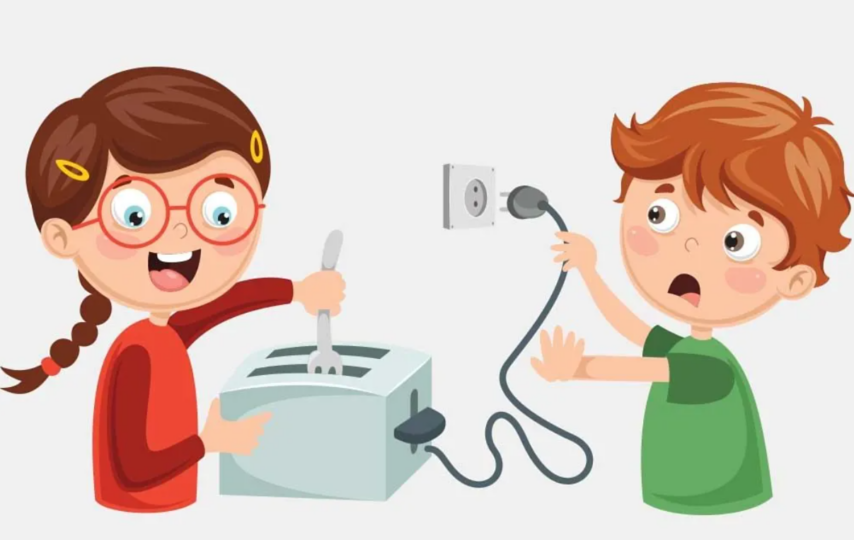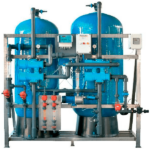It’s true that today, electricity powers almost every aspect of everyday life. From lighting our homes to fueling our gadgets, we rely heavily on electrical systems. However, with this reliance comes the responsibility to ensure the safety of electrical installations. In this blog post, some essential tips will be given so you can learn how to keep your electrical systems safe. Keep reading to find out more.
Regular Inspections
One of the fundamental steps in maintaining electrical safety is to conduct regular inspections. Periodic checks of your electrical systems can help to identify potential issues before they escalate into serious problems. Look out for frayed wires, damaged outlets, and any signs of overheating. Promptly address any concerns to prevent electrical hazards.
Proper Wiring Practices
Ensuring that your electrical wiring is done correctly is crucial for safety. Hire a qualified electrician to handle any wiring installations or repairs. Avoid overloading circuits and use appropriate extension cords for temporary power needs. Proper wiring minimizes the risk of electrical fires and protects both your property and the people within it.
Adequate Ventilation
Electrical components generate heat, and inadequate ventilation can lead to overheating, reducing the lifespan of your equipment and increasing the risk of malfunctions. Ensure that electrical panels and devices have proper ventilation to dissipate heat effectively. This simple step can significantly enhance the safety and performance of your electrical systems.
The Role of Plastic Enclosures
Plastic enclosures serve as a protective housing for various electrical components, shielding them from environmental factors and reducing the risk of electrical accidents. These enclosures are particularly advantageous because of their non-conductive properties, which prevent electrical shocks and ensure the safety of those interacting with the equipment. Plastic enclosures are also resistant to corrosion, which means that they’re ideal for both indoor and outdoor use.
They’re durable and resistant to weather conditions, which helps to make electrical components last longer and reduces the need for frequent replacements. Furthermore, plastic enclosures provide excellent insulation, protecting sensitive electronic equipment from dust, moisture, and other contaminants.
This insulation helps maintain the integrity of the electrical components, ensuring optimal performance and minimizing the likelihood of malfunctions. There are different types of plastic enclosures available so you can find the right one for your needs.
Choose High-Quality Materials
When it comes to electrical safety, the materials used play a crucial role. Opt for high-quality wiring, outlets, and switches to minimize the risk of malfunctions. Additionally, consider using plastic enclosures for your electrical components, as they offer several benefits in terms of safety and durability.
Conclusion
Prioritizing electrical safety is crucial to safeguard your property and the safety of the occupants. Regular inspections, proper wiring practices, adequate ventilation, and the use of high-quality materials all contribute to a secure electrical environment. Additionally, the incorporation of plastic enclosures for electrical components adds an extra layer of protection, offering durability, insulation, and resistance to environmental factors.
By following these guidelines and investing in the right materials, you can create a safe and reliable electrical system for your home or workplace.








